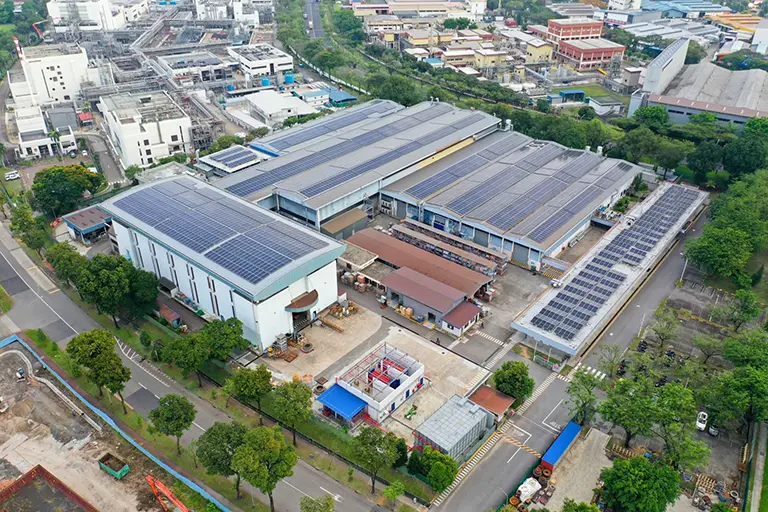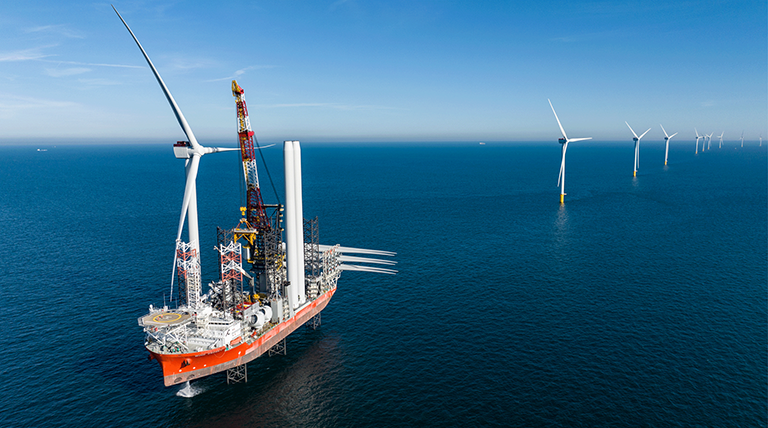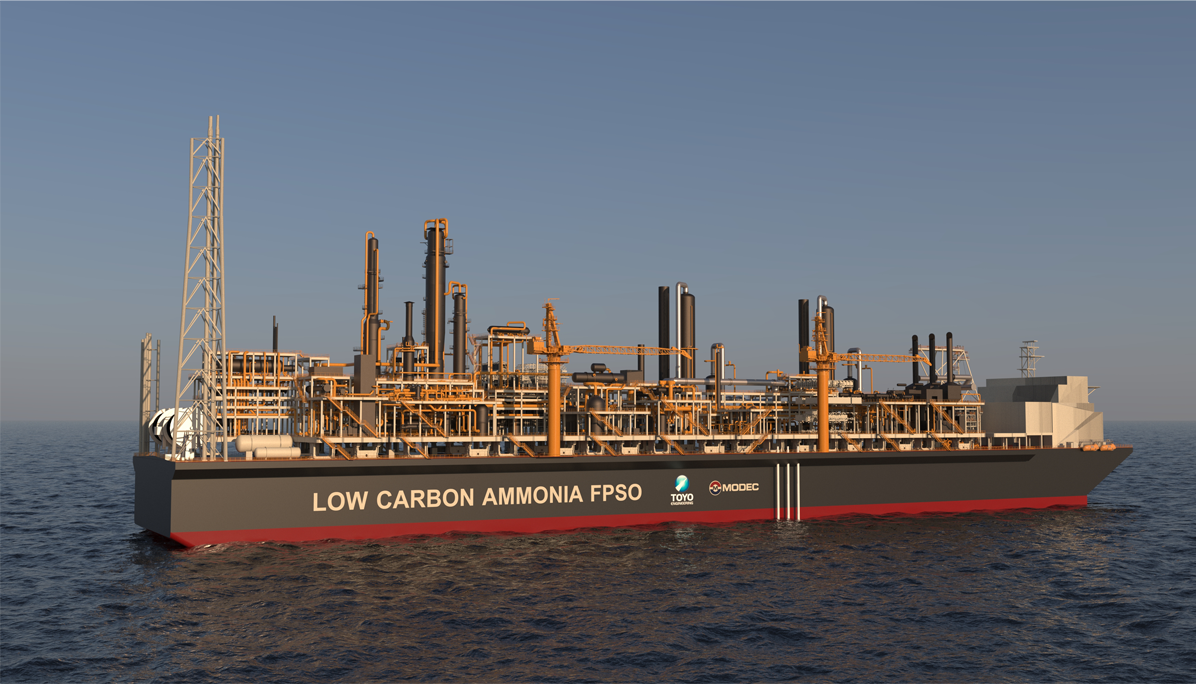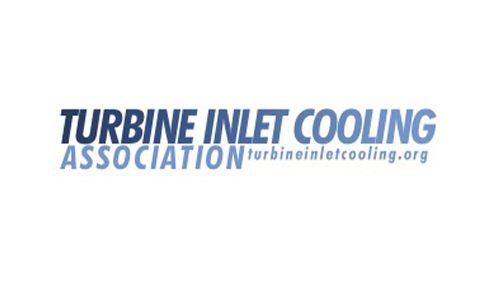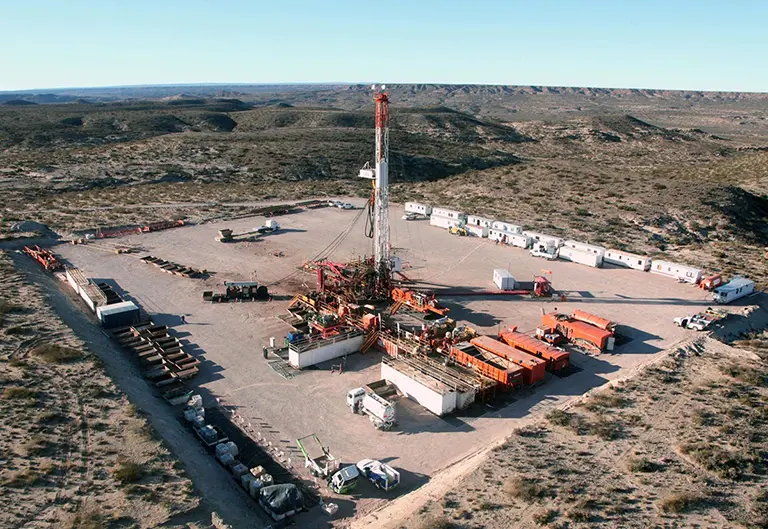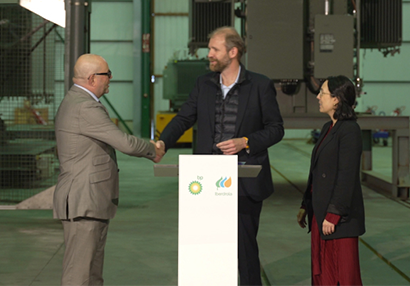
US$521 Million In New Grants For National EV Charging Network
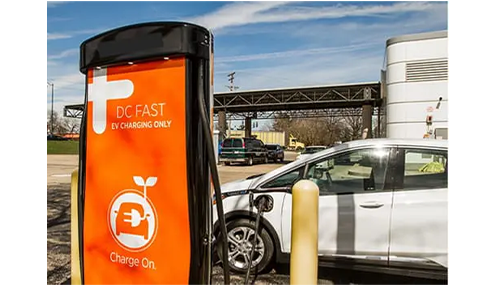
The Biden-Harris Administration announced US$521 million in grants to continue building out electric vehicle (EV) charging and alternative-fueling infrastructure across 29 states, eight Federally Recognized Tribes, and the District of Columbia, including the deployment of more than 9200 EV charging ports. The new EV infrastructure will increase access and reliability to communities across the country and provide EV charging to light-, medium- and heavy-duty vehicles along designated highways, interstates, and major roadways. The funds are a part of the Biden-Harris Administration’s goals to support the growth of a convenient, affordable, reliable and Made-in-America national network of EV chargers so drivers can charge close to home, at work, and along significant corridors throughout the US.
The grants are made possible through the Bipartisan Infrastructure Law’s US$2.5-billion Charging and Fueling Infrastructure (CFI) Discretionary Grant Program and 10% set-aside from the National Electric Vehicle Infrastructure (NEVI) Formula Program. Together, these programs have spurred private investments in growing the nation’s EV charging network. The programs are actively deploying chargers across the country and ensuring more drivers can charge their EVs where they live, work, and shop, while also supporting longer trips. The investments will help accelerate the country’s transition to a clean energy economy while reducing pollution and harmful greenhouse gas emissions.
US$321 million of the investment will be allocated for 41 “community” projects that expand EV charging infrastructure within communities across the country, while the other US$200 million will go towards 10 “corridor” fast-charging projects that build out the national charging and alternative-fueling network along designated Alternative Fuel Corridors.
The awards also support the President’s Justice40 Initiative, which aims for 40% of the overall benefits of federal investments to flow to disadvantaged communities, with over half of the funding going to sites located in disadvantaged communities. Investing in these communities creates jobs, reduces transportation costs, and helps mitigate healthcare costs caused by air pollution, while also ensuring all equitable access to EV charging infrastructure.
Since the start of the Biden-Harris Administration, the number of publicly available EV chargers has doubled. Now, there are over 192,000 publicly available charging ports with approximately 1000 new public chargers being added each week. Through programs like the Charging and Fueling Infrastructure (CFI) Discretionary Grant Program and the National Electric Vehicle Infrastructure (NEVI) Formula Program, the Administration is working alongside private industry to actively expand America’s EV charging network while creating good-paying, union jobs.
Charging infrastructure is being built in rural, suburban, urban, and Tribal communities alike, supplementing private investment and filling critical gaps where charging is needed most. Additionally, this buildout aligns with the National Zero-Emission Freight Corridor Strategy investing in EV charging for trucks along one of the nation’s largest freight corridors in America. These investments promote EV adoption, emission reductions, economic development, and healthy communities.
“The Biden-Harris Administration has taken action to ensure that America leads the EV revolution, and the historic infrastructure package includes resources to support a nationwide EV charger network so that all drivers have an accessible, reliable, and convenient way to charge their vehicles,” said US Transportation Secretary Pete Buttigieg. “The awards that we’re announcing today will build on this important work and help ensure that the cost savings, health and climate benefits, and jobs of the EV future are secured for Americans across the country.”
“As we build out the EV charging network on our highways, we are also investing in local communities, rural, urban and tribal alike. Today’s grants are a critical part of ensuring every American can find a charger as easily as a gas station, which will decrease pollution from our roadways, lower costs for families, and help people get to where they need to go efficiently,” said US Transportation deputy secretary Polly Trottenberg.
“President Biden and Vice President Harris believe in building infrastructure from the bottom up and the middle out. This investment puts public dollars in the hands of states, tribes and communities to build a more accessible national charging network,” said US Secretary of Energy secretary Jennifer Granholm. “It will deliver good paying local jobs while giving Americans more transportation options no matter their geography or income and allow those looking for a new vehicle to more confidently take advantage of tax credits to purchase new and used EVs.”
“Building new charging infrastructure is already creating good-paying union jobs and modernizing transportation in a way that cleans up the air our kids breathe,” said White House national climate advisor Ali Zaidi. “Under President Biden and Vice President Harris’s leadership, we are accelerating private investment to do just that and, at the same time, increasing our capacity to manufacture these technologies in the United States. Today’s announcement helps us move faster to win the future — good jobs, clean air, and a robust manufacturing economy that supports a growing middle class.”
“As we reach this important milestone in building out the national EV charging network, FHWA remains steadfast in our continued work supporting the deployment of hundreds of thousands of EV chargers over the next several years,” said federal highway administrator Shailen Bhatt. “The EV charging and alternative fueling projects receiving awards today will deliver clean transportation in communities nationwide and put America on a path to lead the world in zero-emission transportation technology while creating good-paying jobs and reducing our carbon footprint.”
“Most EV charging will happen at homes, workplaces, or other destinations while vehicles are already parked, providing a safe, reliable, and vastly more convenient way for anyone to fuel,” said Gabe Klein, executive director of the Joint Office of Energy and Transportation. “Today’s investments in public community charging fill crucial gaps and provide the foundation for a zero-emission future where everyone can choose to ride or drive electric for greater individual convenience and reduced fueling costs, as well as cleaner air and lower healthcare costs for all Americans.”
Community Project Selections In This Round Of Grants
The City of Milwaukee will receive nearly US$15 million to install EV chargers at 53 sites citywide. During the site selection process, the city prioritized sites in areas that lack existing EV infrastructure, low-to-moderate income communities, and neighborhoods with high ratios of multifamily housing units. This project will support the city’s climate and equity goals by expanding the network in areas that currently lack public infrastructure, or lack the ability to charge at home, making residents more comfortable with switching to an EV, and increasing rates of EV adoption.
The Standing Rock Renewable Energy Power Authority, on behalf of the Sioux Reservation in North Dakota, will receive nearly US$3.9 million to install publicly accessible community EV charging stations in eight locations. The sites were selected because they are spread throughout the Reservation’s eight districts, and because they serve as gathering spots where Tribal members can access services.
Corridor Project Selections In This Round Of Grants
The Fort Independence Indian Community in California will receive over US$15 million to install a reliable, resilient, and sustainable EV charging hub along US Route 395 corridor, a designated Alternative Fuel Corridor, and the only north-south passage along the Eastern Sierra Nevada range. This project will contribute to emissions reductions by encouraging the use of EVs and powering the charging hub through a solar micro-grid with combined heat and power generation and battery backup.
The City of Atlanta will receive nearly US$11.8 million to install a direct current (DC) Fast Charging Hub at the Hartsfield-Jackson Atlanta airport with 50 DC fast chargers. The DC Fast Charger Hub would provide critical charging for rental car companies, ride-share drivers, airport shuttles for hotels, employees, the city’s growing electric fleet of light- to heavy-duty vehicles, as well as regional and local EV drivers coming to the airport or driving along the nearby major highway systems. The project aims to improve asthma-related issues in predominantly black and underserved neighborhoods and would engage underserved communities to ensure widespread adoption of EVs.

